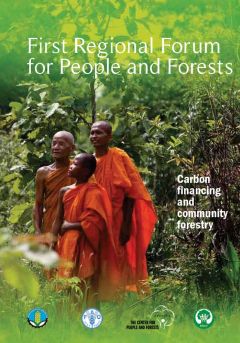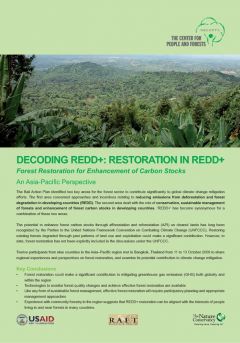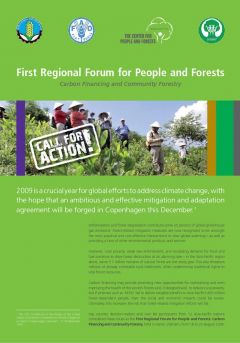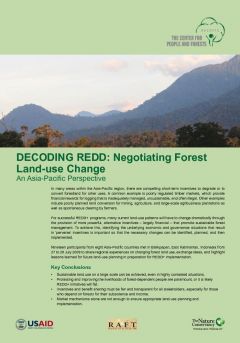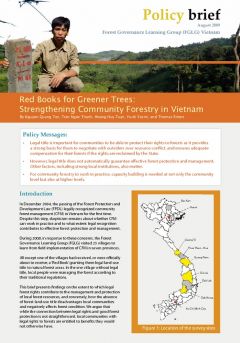Land restoration to combat desertification: Innovative approaches, quality control and project evaluation
Many drylands in the world suffer problems of land degradation and desertification derived from human activities and exacerbated by drought. Too often these degradation processes have been endured by the ecosystems for a long time, and, according to forecasts of climate change, are likely to worsen in the future. Ecological restoration combined with adaptive management can be effective tools in response to this environmental and socioeconomic problem.



